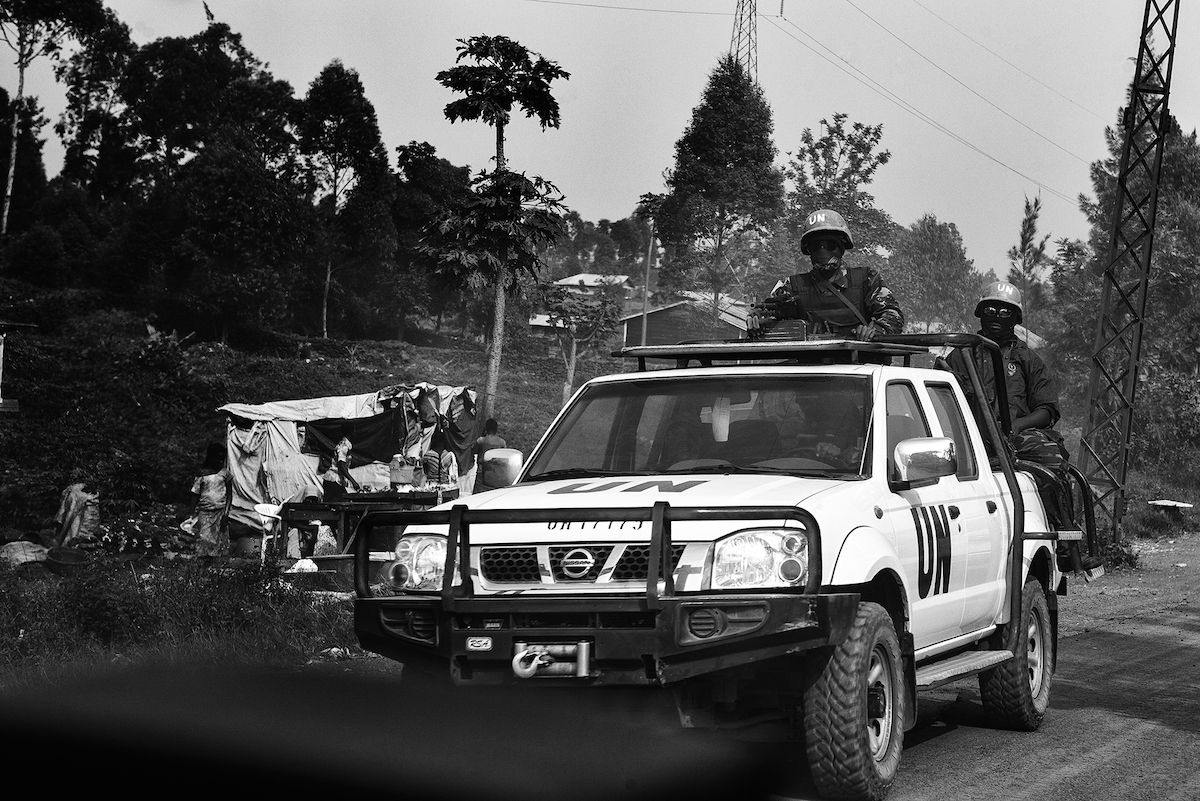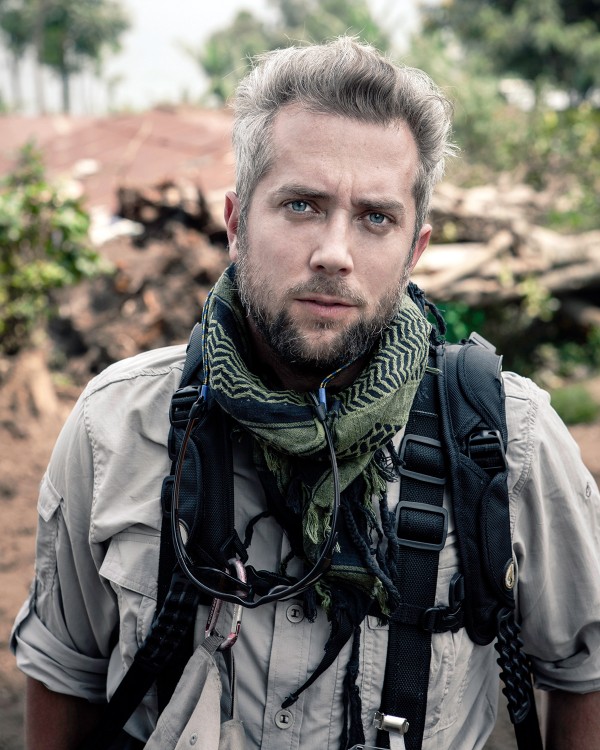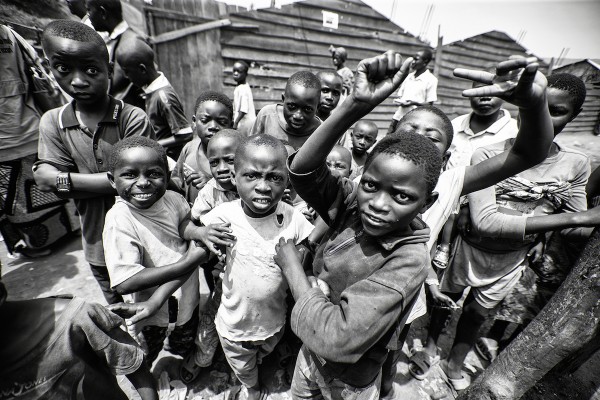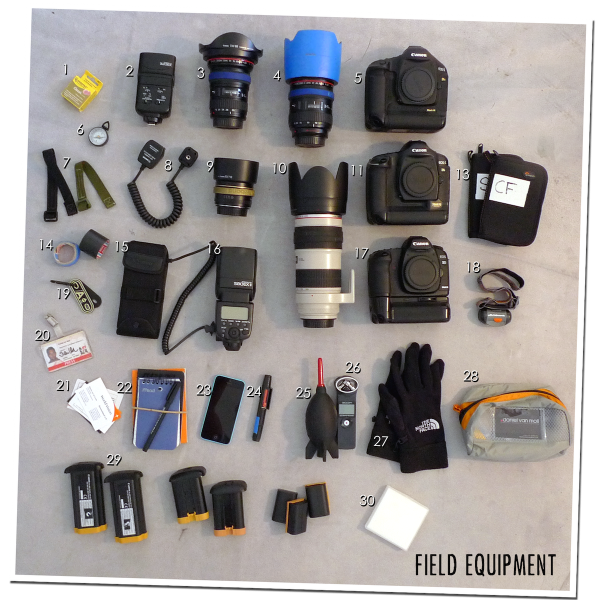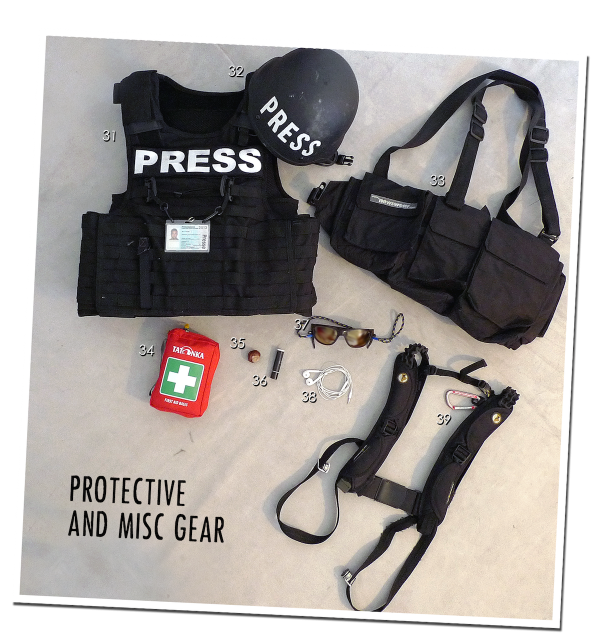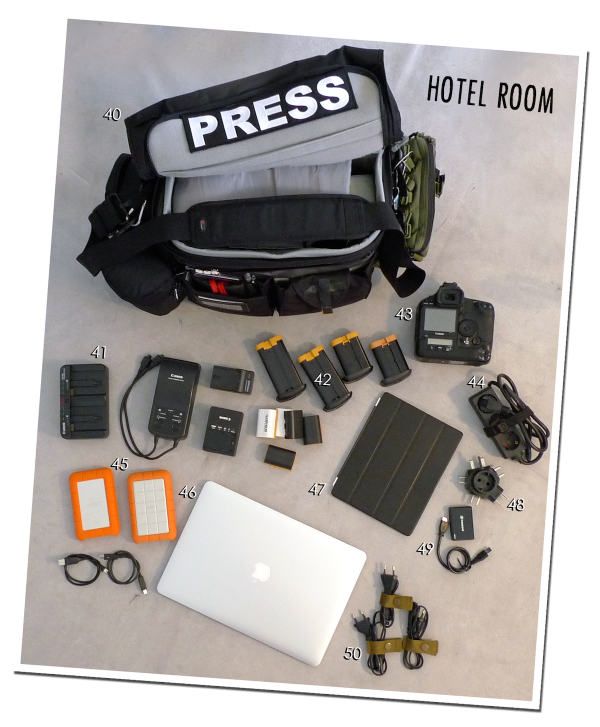Award-winning photojournalist Daniel van Moll was born in 1978 in Duesseldorf, Germany. He started photographing at the age of 12 when he got his hands on his first camera, a Canon EOS-1, and never really stopped.
In the early stages of his career, he worked as a host and producer for NBC Universal, and he’s lived in San Francisco, Berlin, and Duesseldorf. He’s currently based in Munich, Germany.
